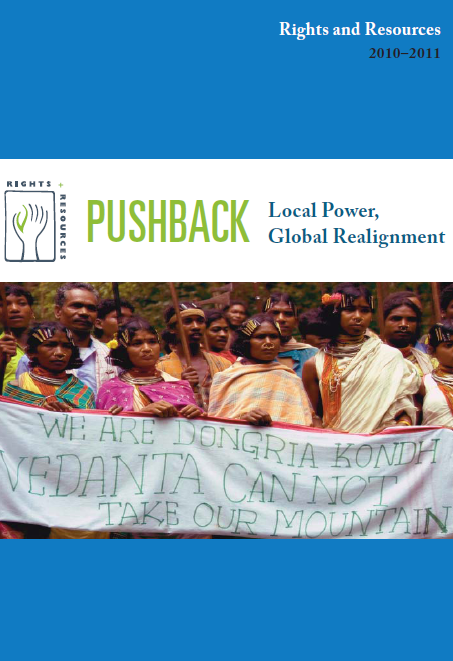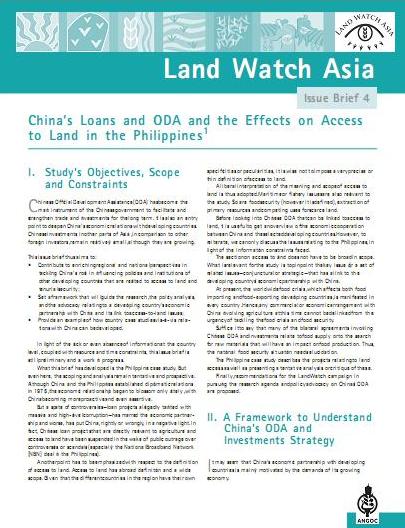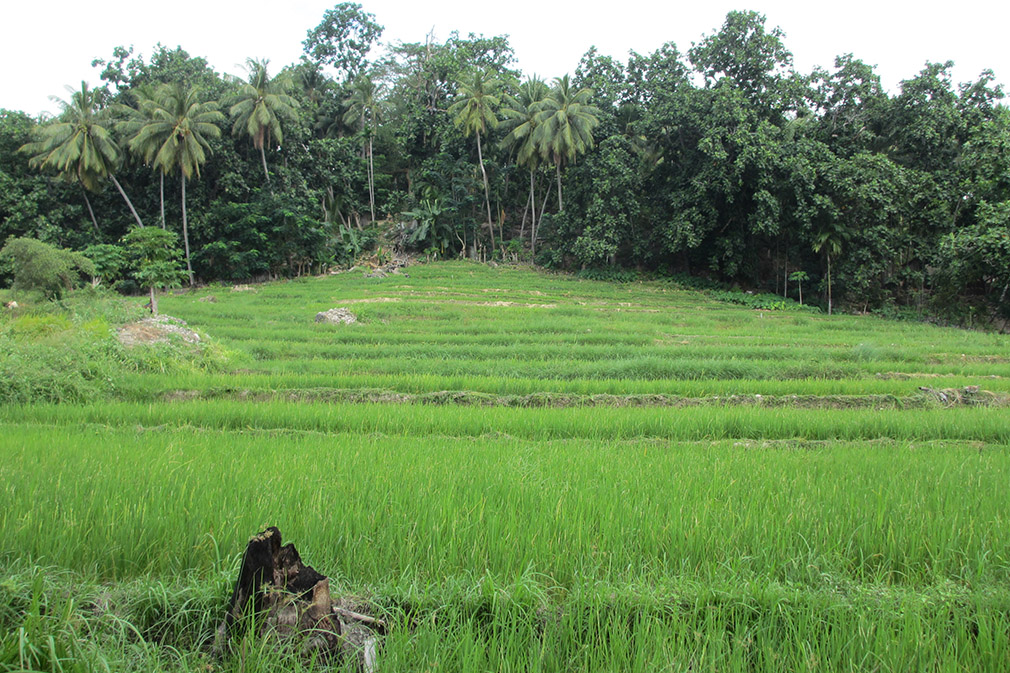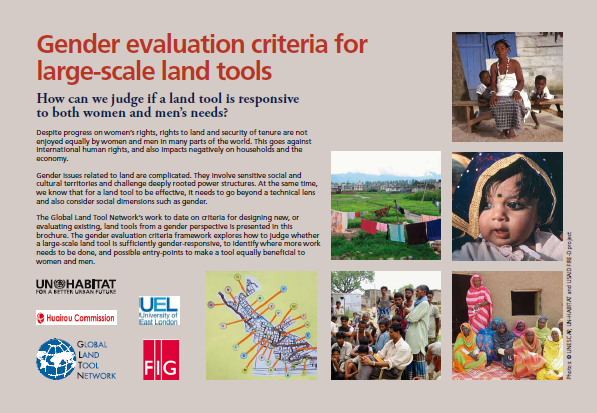THE CASTE DISABILITIES REMOVAL ACT, I850
INDIA ACT XXI, 1850....."Whereas it is enacted by section 9, Regulation VII, 1832, of the Bengal Code, that “whenever in
any civil suit the parties to such suit may be of different persuasions, when one party shall be of
the Hindu and the other of the Muhammadan persuasion, or where one of more parties to the suit
shall not be either of the Muhammadan or Hindu persuasions, the laws of those religions shall
not be permitted to operate to deprive such party or parties of any property to which, but for the








